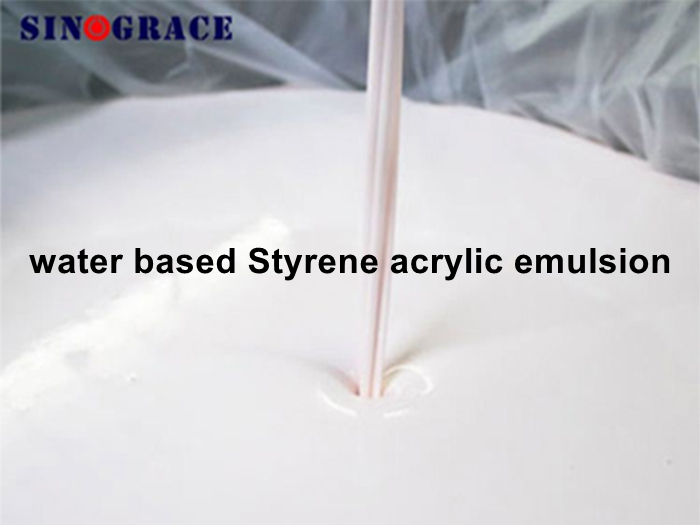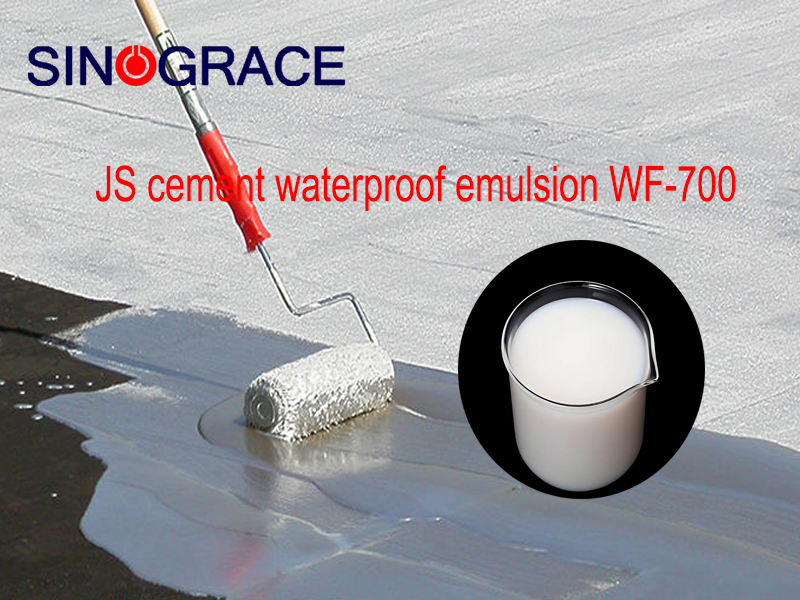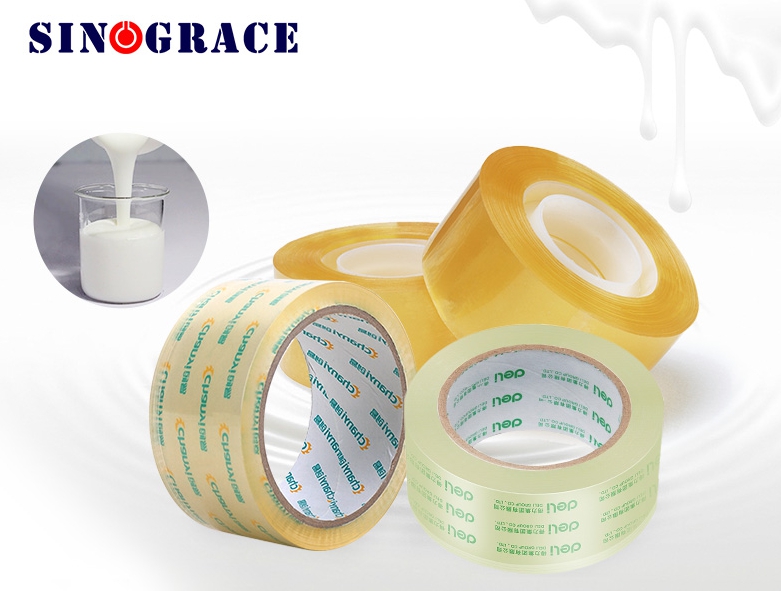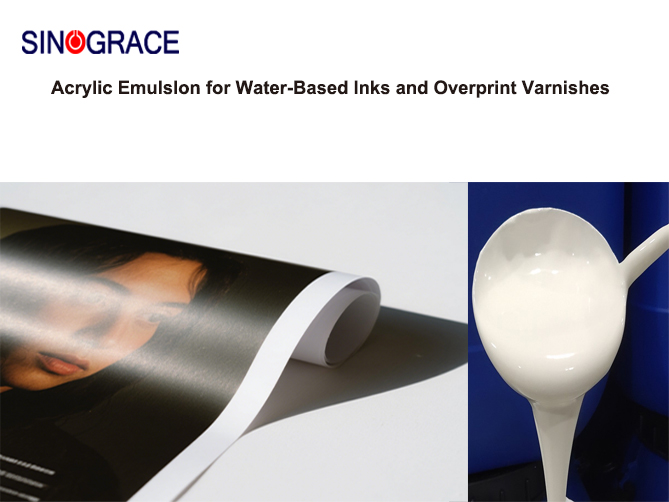Ventajas y desventajas del revestimiento impermeable acrílico
Recubrimiento acrílico impermeable es un recubrimiento monocomponente a base de agua elaborado mediante la mezcla emulsión de polímero acrílico puro y otros aditivos Tras el curado, el recubrimiento forma una película impermeable. Su extensibilidad, plasticidad, resistencia al agrietamiento y resistencia a la intemperie le confieren propiedades impermeabilizantes, antifiltraciones, protectoras y otras. Este recubrimiento se adapta bien a la temperatura, es fácil de usar y facilita su mantenimiento y reparación. Ventajas: 1. Posee excelente resistencia a la intemperie, al calor y a los rayos UV. Permanece prácticamente inalterado en un rango de temperatura de -30 a 80 °C. Presenta buena ductilidad y es apto para pequeñas grietas y deformaciones en el sustrato. 2. Se puede fabricar en varios colores según sea necesario. El revestimiento impermeable también cumple funciones como decoración y aislamiento térmico. 3. Este material impermeable es ecológico y no tóxico, y es inofensivo para el cuerpo humano. 4. La construcción es conveniente, el período de construcción es corto y el mantenimiento también es fácil. 5. Adecuado para cimentaciones húmedas, con excelente permeabilidad al aire. Desventajas: Dado que la capa base utiliza adhesivos a base de solventes, es difícil controlar el tiempo de secado durante la construcción. Además, si se deja actuar demasiado tiempo, puede resultar en una mala adherencia y una cobertura incompleta, lo que puede provocar filtraciones de agua. El revestimiento impermeabilizante acrílico tiene una amplia gama de aplicaciones: se utiliza en techos, baños, sótanos, suelos de madera, impermeabilización, etc. El proceso de construcción del revestimiento impermeable acrílico. La capa base debe ser plana y limpia, sin manchas visibles de polvo ni aceite. Además, las esquinas deben ser redondeadas. Para evitar fugas durante el uso, se deben sellar las grietas de las tuberías, lo que mejorará significativamente la impermeabilización. 2. Generalmente, hay tres métodos: primero secar, luego el siguiente y luego el otro. Tras el segundo secado, se realiza el tercer secado, perpendicular al anterior. Por supuesto, si las exigencias son mayores, se puede repetir el proceso. Sin embargo, el último lavado debe durar unas 24 horas hasta que esté completamente seco. Sinograce Chemical suministros emulsión de polímero acrílico puro Es adecuado para lechada impermeabilizante de cemento polimérico y arena impermeabilizante de cemento polimérico. Le invitamos a realizar su compra.
Lee mas

 español
español English
English français
français русский
русский العربية
العربية








